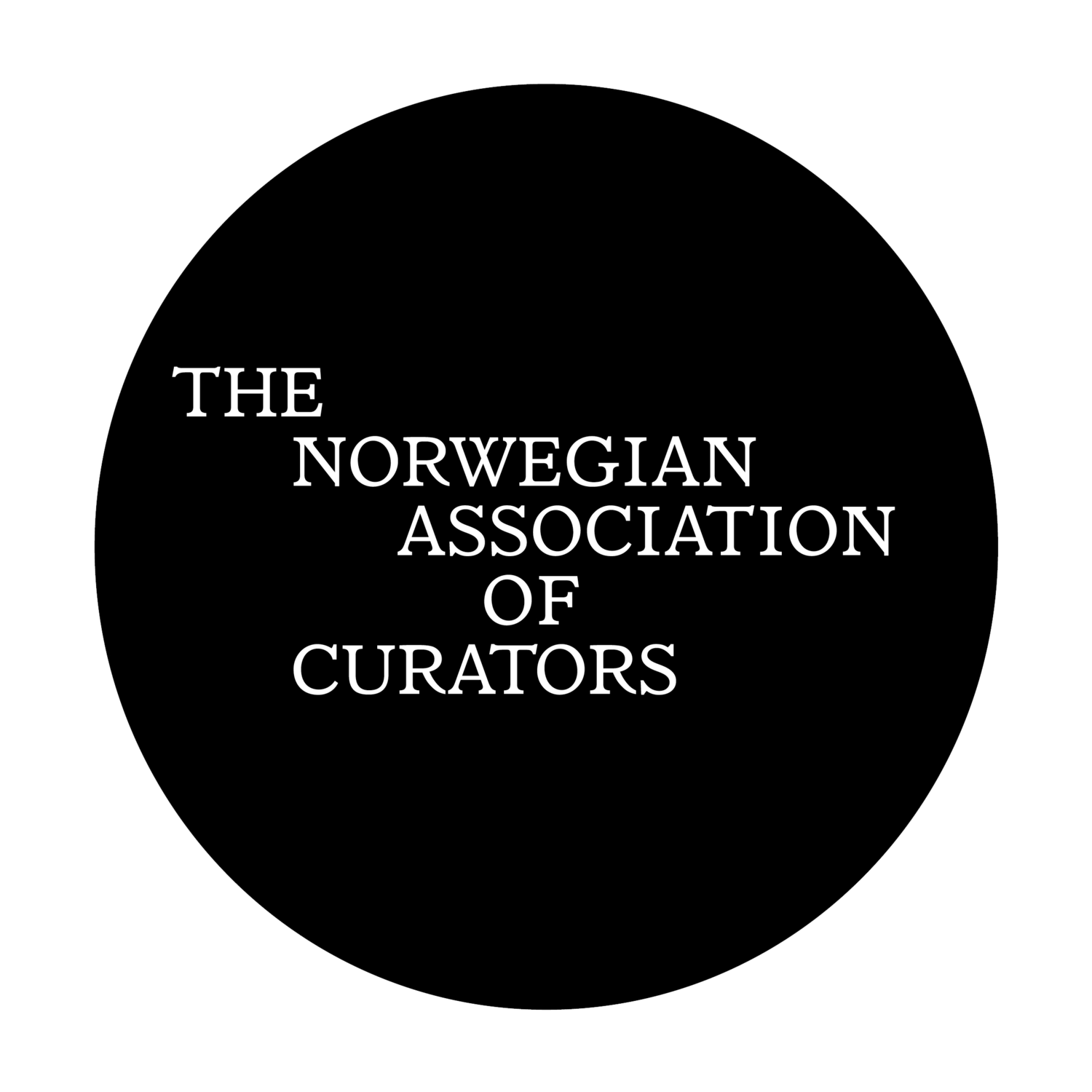SPEAKERS
TJ Demos (University College London), Reesa Greenberg (York University, Toronto, and Concordia University, Montreal), Gabriel Rockhill (Villanova University, Philadelphia, and Collège International de Philosophie, Paris) and Cecilia Sjöholm (Södertörn University, Stockholm).
CURATING AND POLITICS: IN THEORY
Within curatorial discourse, the term “politics” has usually referred to exhibition associated with artworks with a content related to current societal problems. But curatorial politics is not always connected with specific themes or subjects, or even with the artworks exhibited. It may also appear in less obvious ways, as a more subtle redistribution of established positions and perspectives through the curatorial strategies themselves, as is increasingly common in projects produced after the professionalization of the curator in the 1990ies.
The lectures presented at the seminar Curating and Politics: In Theory will oppose traditional perspectives on the politics of curating by approaching historical and contemporary exhibition projects in the perspective of Jacques Rancière’s definition of politics. Rancière does not consider politics as exercise of power, but as what occurs when the contingency of the dominant social order is revealed, ruptured and reconfigured for the better; that is, for a more equal and democratic system.
His ongoing research aims to highlight the correlation between the art field and politics, as it appears at different moments in time. The seminar lectures attempts to contribute to that project by looking at how contemporary as well as historical curatorial projects may be said to reconfigure society’s established structures and question its dominant truths.
By approaching the diverse ways in which curating and politics intersect, the aim of the seminar is to establish a framework for further research into the undeveloped, but highly interesting scholarly field associated with curatorial practice and politics.
The seminar is initiated by Heidi Bale Amundsen and Gerd Elise Mørland, and organized in cooperation with The Seminar of Aesthetics and the Henie Onstad Kunstsenter.
ABOUT THE SPEAKERS
TJ Demos is reader in modern and contemporary art at University College London (England), and art critic for magazines such as Artforum, Texte zur Kunst, and Art Press. He recently published The Migrant Image: The Art and Politics of Documentary during Global Crisis (Duke University Press, 2013), and will contribute to the seminar with a talk on curating and politics in the light of global crisis.
Gabriel Rockhill is Associate Professor of Philosophy at Villanova University (USA) and Directeur de programme at the Collège International de Philosophie in Paris (France). Rockhill is invited to give a talk on how the aesthetic and the political relate to each other within the curatorial field, in the light of his recent research for Radical History and the Politics of Art (Columbia University Press, 2014).
Reesa Greenberg is an independent scholar, museum consultant and writer. She is currently Adjunct Professor at York University in Toronto, Ontario, and at Concordia University in Montreal, Quebec (both Canada). Greenberg co-edited Thinking about Exhibitions (Routledge, 1996), which may be said to have established curating as a theoretical subject. For the seminar, she will talk about the invisible politics involved with contemporary biennials.
Cecilia Sjöholm is professor of aesthetics at Södertörn University in Stockholm (Sweden). Her main research interests are phenomenology, aesthetics, and the relation between the history of aesthetics and politics. Her most recent book, Regionality/Mondiality (edited with Charlotte Bydler), will be published in 2014. At the seminar, she will discuss how the commodification of the aesthetic world can be opposed through forms of artistic expression that implicate collective memory and solidarity.
This event was made possible thanks to the kind support from the University of Oslo, The Embassy of the United States in Oslo and the Norwegian Embassy in London.
